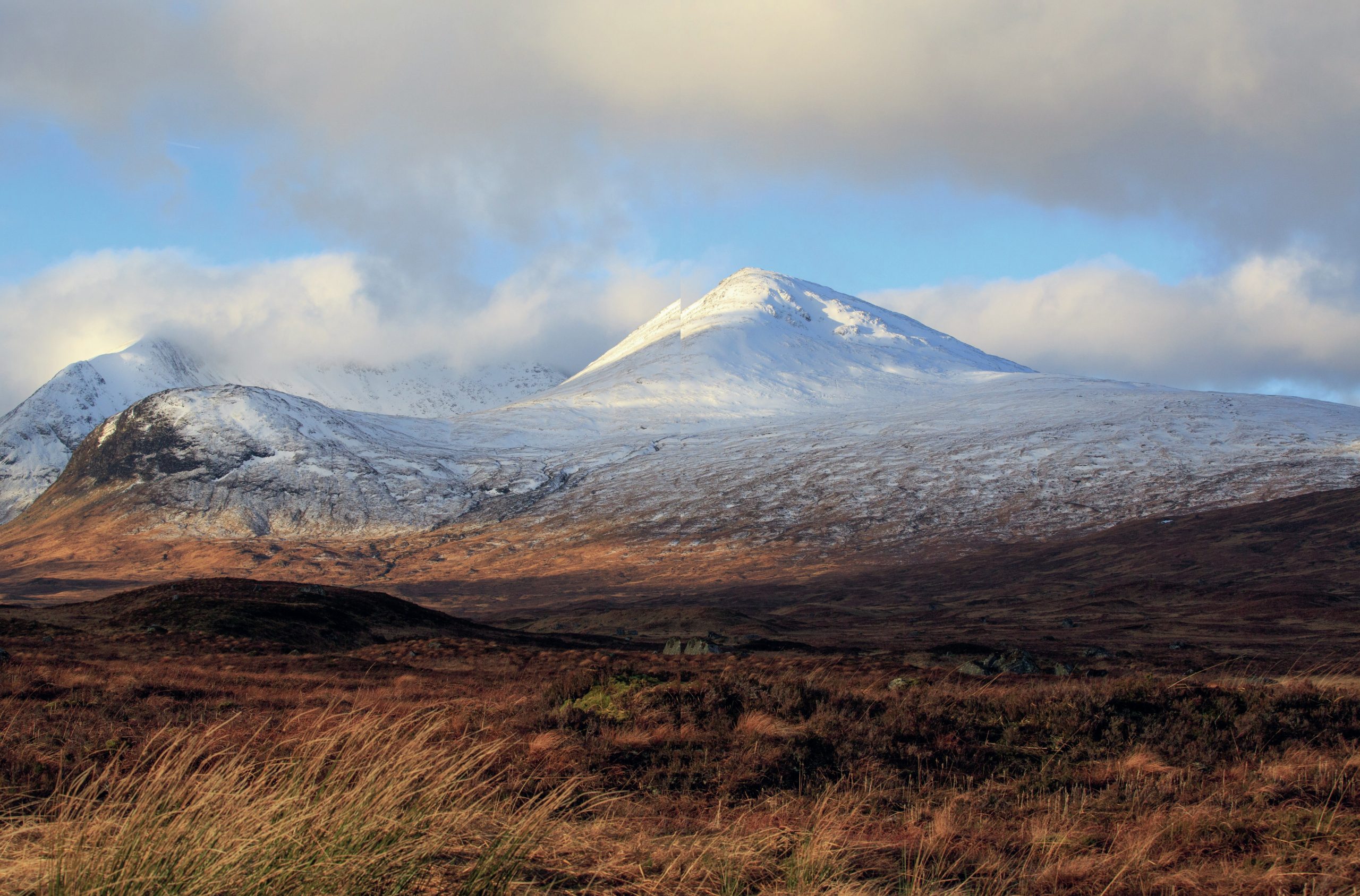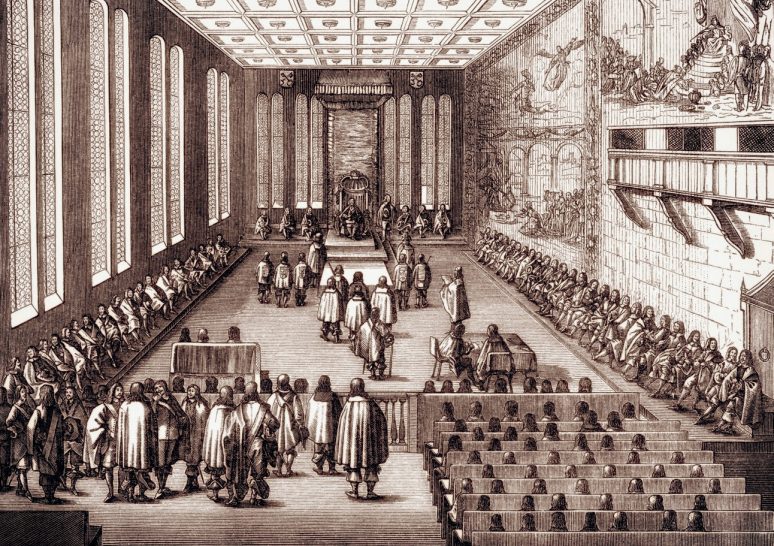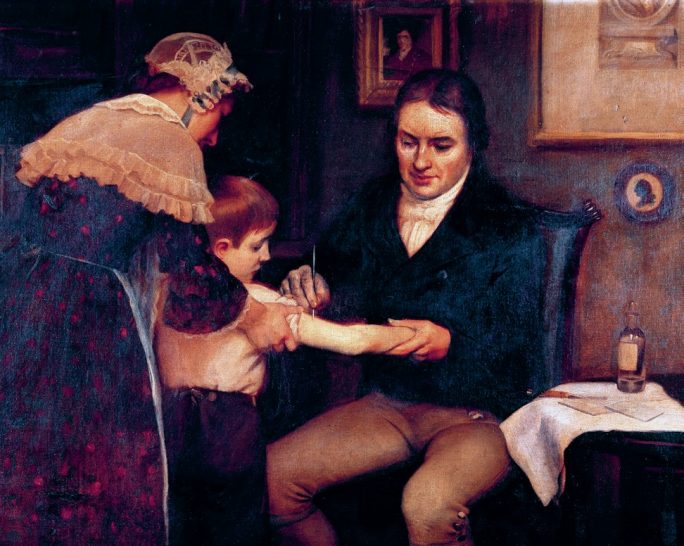
The phrase ‘Glorious Revolution’ was adopted by John Hampden in 1689 but is very much an English-centred point of view. The revolution was not so glorious for Scotland and Ireland, but was a turning point in the eventual alliance of the three kingdoms.
William was forced to issue a separate declaration to the Scots offering Scotland a future ‘free from all hazard of Popery and arbitrary power’ and a separate settling of Scotland’s affairs under the supervision of a Scottish parliament without the English having any role. This passed the Scottish parliament by only five votes. The revolution caused an upsurge in Scottish nationalist and Jacobite activities, ultimately leading to the brutal Glencoe massacre in 1692. Not all of Scotland was anti-English/anti-William but the relationship between the two kingdoms was certainly insecure. This can be highlighted by the refusal of the Scots to accept the Act of Settlement of 1701, arguing that it applied only to the English throne.
Your organisation does not have access to this article.
Sign up today to give your students the edge they need to achieve their best grades with subject expertise
Subscribe




